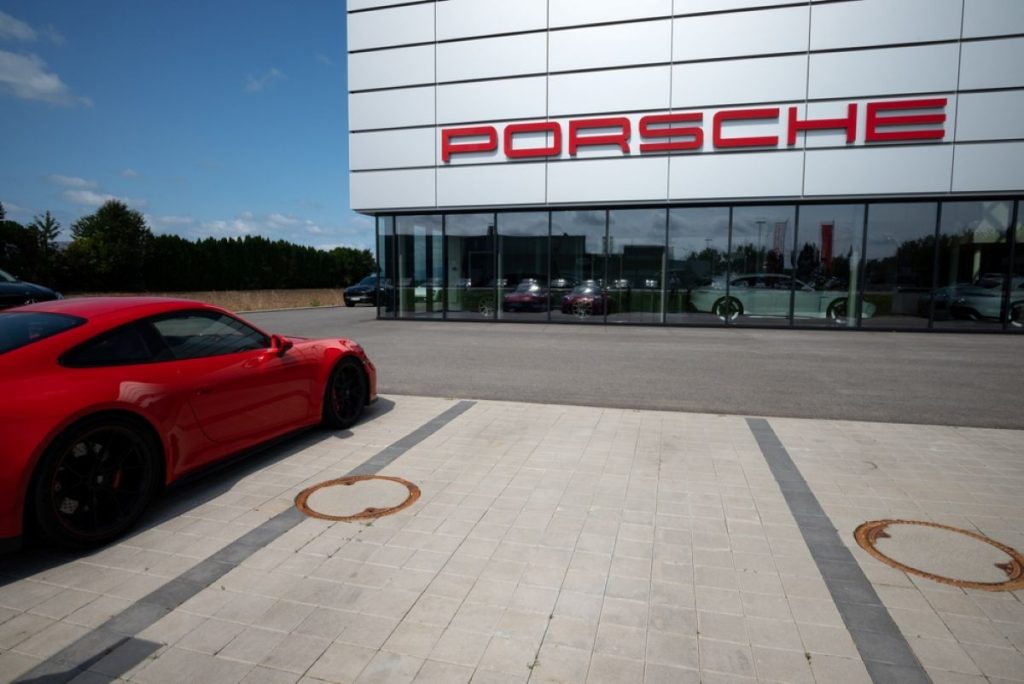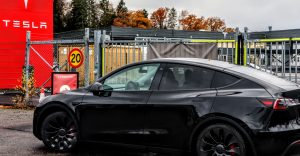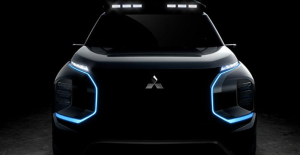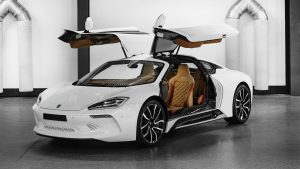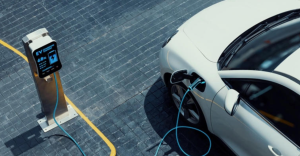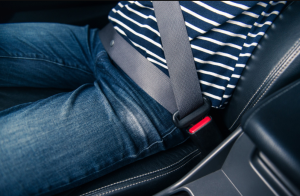The company has already shuttered 38 dealerships in China
Others are reading now
Porsche, synonymous with luxury and performance, has long been a symbol of automotive excellence.
The brand’s iconic models, like the 911 and Cayenne, have cemented its status as a leader in the sports and luxury vehicle market.
However, even a brand as prestigious as Porsche isn’t immune to economic pressures.
Recent reports suggest the company may face significant changes due to falling sales and increased competition, particularly in China.
Also read
Nearly 20% of Porsche’s Workforce.
Despite generally strong sales in 2024, Porsche has struggled to maintain its position in the world’s largest car market.
In the first nine months of the year, the company sold only 43,000 cars in China — a staggering 30% decrease compared to the same period in 2023.
This decline comes as local manufacturers offer competitive alternatives at much lower prices, making Porsche’s premium vehicles less appealing to cost-conscious consumers.
The impact of this downturn is profound. According to Boosted, Porsche’s leadership is now holding frequent strategy meetings to address the crisis.
The company has already shuttered 38 dealerships in China and is considering reducing costs by 20% in its home market of Germany.
Lutz Meschke, Porsche’s Chief Financial Officer, stated that the company must adjust its cost structure to align with a projected annual sales volume of approximately 250,000 vehicles.
This adjustment may result in layoffs, potentially affecting over 8,000 employees — nearly 20% of Porsche’s 42,000-strong workforce.
Adding to the challenges, Porsche’s initial target of achieving 80% electric vehicle sales by 2030 has proven overly ambitious.
With lower-than-expected demand for EVs, the company is now reevaluating its strategy.
“We are currently making key conceptual decisions. One thing is clear: we will keep combustion engines much longer,” Meschke told Automotive News.

